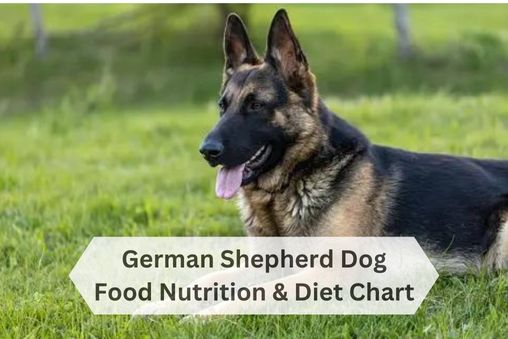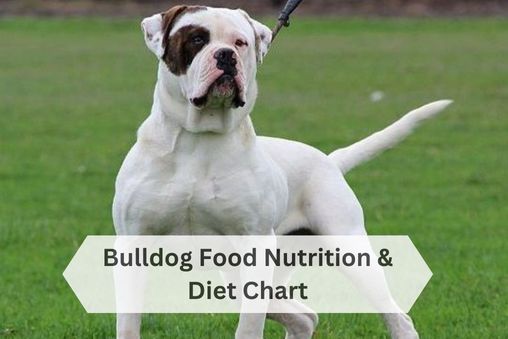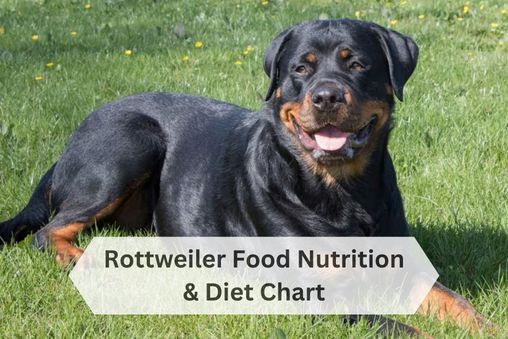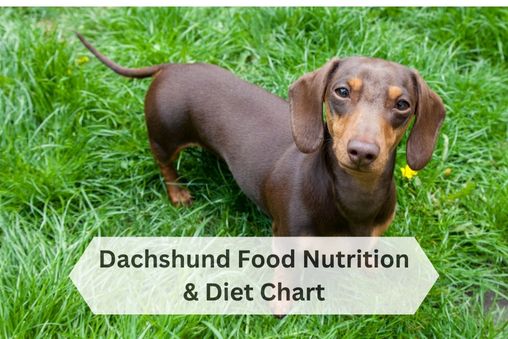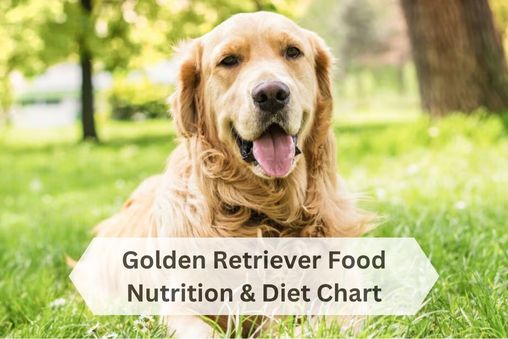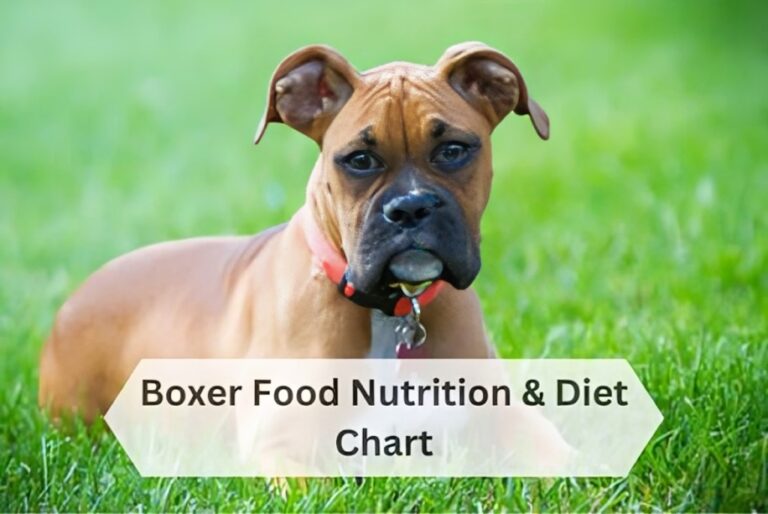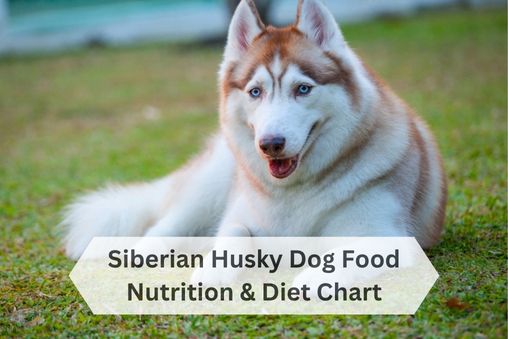Nutritional Needs of German Shepherds
When it comes to the diet of German Shepherds, it is important to understand their specific nutritional needs in order to keep them healthy and happy. This breed is known for being active and energetic, so providing them with a balanced diet is crucial.
Protein Requirements
German Shepherds are a large and active breed, which means they require a significant amount of protein in their diet. Protein is essential for muscle growth and repair, as well as overall health. Look for dog foods that contain high-quality sources of protein, such as chicken, beef, or fish.
Fat Content
Fat is another important component of a German Shepherd’s diet. It provides a concentrated source of energy and helps support healthy skin and coat. However, it is important to monitor the fat content in your dog’s diet, as too much fat can lead to weight gain and other health issues. Look for dog foods that contain moderate levels of healthy fats, such as omega-3 fatty acids.
Carbohydrates
While protein and fat are crucial for a German Shepherd’s diet, carbohydrates also play a role in providing energy and fiber. Look for dog foods that contain complex carbohydrates, such as whole grains and vegetables, rather than simple carbohydrates like corn or wheat.
By understanding the nutritional needs of German Shepherds and providing them with a balanced diet, you can help ensure that your furry friend stays healthy and happy for years to come.
Choosing the Right Dog Food for German Shepherds
When it comes to choosing the right dog food for your German Shepherd, it’s important to consider their unique nutritional needs. German Shepherds are active and energetic dogs that require a diet rich in protein, essential fatty acids, vitamins, and minerals to support their overall health and well-being.
High-Quality Protein Sources
German Shepherds are known for their strong muscles and high energy levels, which is why it’s essential to provide them with a diet that is rich in high-quality protein sources. Look for dog foods that list meat, poultry, or fish as the first ingredient, as these are excellent sources of protein that will help support your German Shepherd’s muscle development and maintenance.
Essential Fatty Acids
Essential fatty acids, such as omega-3 and omega-6 fatty acids, are crucial for your German Shepherd’s skin and coat health, as well as their overall immune system function. Look for dog foods that contain sources of these fatty acids, such as fish oil or flaxseed, to ensure that your German Shepherd’s coat remains shiny and healthy.
Vitamins and Minerals
Vitamins and minerals are important for supporting your German Shepherd’s overall health and well-being. Look for dog foods that contain a variety of vitamins and minerals, such as vitamin E, vitamin C, and zinc, to help support your German Shepherd’s immune system, joint health, and overall vitality.
Creating a Balanced Diet Plan for Your German Shepherd
When it comes to ensuring your German Shepherd is getting the proper nutrition, it’s important to create a balanced diet plan. This will help support their overall health and well-being.
Meal Frequency
German Shepherds are typically large, active dogs that require a good amount of calories to fuel their energy levels. It’s recommended to feed adult German Shepherds twice a day, once in the morning and once in the evening. This helps prevent bloating and maintains a consistent energy level throughout the day.
Portion Control
It’s important to pay attention to portion control when feeding your German Shepherd. Overfeeding can lead to obesity and other health issues. The amount of food your dog needs will depend on their age, weight, and activity level. Be sure to follow the recommended portion sizes on the dog food packaging or consult with your veterinarian for guidance.
Supplements
While a balanced diet should provide your German Shepherd with all the nutrients they need, there are some supplements that can be beneficial. Omega-3 fatty acids can help support skin and coat health, while glucosamine and chondroitin can help support joint health, which is important for this breed known for hip dysplasia. Consult with your veterinarian before adding any supplements to your dog’s diet to ensure they are safe and appropriate.
By following these guidelines for meal frequency, portion control, and supplements, you can create a balanced diet plan that will keep your German Shepherd healthy and happy.
German Shepherd Dog Food Nutrition & Diet Chart
German Shepherds are large, active working dogs with specific dietary needs. This chart provides a detailed guide for their nutrition and diet:
| Nutrient | Function | Percentage in Diet | Examples | Additional Information |
|---|---|---|---|---|
| Protein | Builds & repairs muscles, provides energy | 22-30% (puppies), 18-25% (adults) | Chicken, beef, fish, lamb, eggs | High-quality animal protein sources are essential for muscle development and energy. |
| Fat | Provides energy, supports skin & coat health | 5-10% | Fish oil, chicken fat, canola oil | Healthy fats are crucial for energy and maintaining a glossy coat. |
| Carbohydrates | Provides energy | 30-40% (mostly complex carbs) | Brown rice, sweet potato, oatmeal | Complex carbohydrates provide sustained energy levels. Avoid simple carbohydrates and sugars. |
| Fiber | Aids digestion | 3-5% | Fruits (blueberries), vegetables (carrots, green beans) | Fiber promotes healthy digestion and helps regulate bowel movements. |
| Vitamins & Minerals | Essential for overall health | Follow recommended levels | Balanced dog food formula | Ensure your dog’s food contains essential vitamins and minerals for overall health and well-being. |
Diet Chart General Guideline
Adjust based on age, activity level, consult your veterinarian
| Age Group | Daily Food Amount | Sample Meals (with Calories) | Additional Ingredients |
|---|---|---|---|
| Puppy (up to 4 months) | 1.5 cups kibble, divided into 3 meals | ½ cup puppy kibble (200 cal) + ¼ cup cottage cheese (100 cal) + 2 tbsp mashed pumpkin (20 cal) = 320 cal | Cottage cheese provides additional protein and calcium. Pumpkin adds fiber and aids digestion. |
| Puppy (4-8 months) | 2-2.5 cups kibble, divided into 3 meals | ¾ cup puppy kibble (300 cal) + ⅓ cup cooked chicken breast (150 cal) + ¼ cup brown rice (100 cal) + 1 tbsp olive oil (120 cal) = 670 cal | Olive oil adds healthy fats for brain development. |
| Puppy (8-12 months) | 2.5-3 cups kibble, divided into 2-3 meals | 1 cup puppy kibble (400 cal) + ½ cup cooked salmon (200 cal) + ½ cup steamed vegetables (30 cal) + 1 tsp fish oil (40 cal) = 670 cal | Salmon and fish oil provide omega-3 fatty acids for joint health. |
| Adult (over 1 year) | 2-3 cups kibble, divided into 2 meals | 1.25 cups adult GSD kibble (500 cal) + ½ cup cooked lean beef (200 cal) + ½ cup sweet potato (100 cal) + ¼ cup blueberries (20 cal) = 820 cal | Blueberries are rich in antioxidants for immune support. |
Special Dietary Considerations for German Shepherds
German Shepherds are known for their unique dietary needs, and it’s important to consider these factors when choosing the right food for your furry friend.
Food Allergies
German Shepherds are prone to food allergies, which can manifest as skin rashes, itching, or gastrointestinal issues. Common allergens for German Shepherds include beef, chicken, wheat, and dairy. It’s important to carefully read the ingredients list on dog food packaging to ensure that your pup’s food does not contain any potential allergens.
Weight Management
Maintaining a healthy weight is crucial for German Shepherds, as they are prone to obesity. To help manage your dog’s weight, opt for a high-quality dog food that is low in fat and calories. Additionally, make sure to monitor your dog’s portions and avoid overfeeding.
Sensitive Stomachs
German Shepherds are known to have sensitive stomachs, which can lead to digestive issues such as diarrhea, vomiting, or gas. To alleviate these symptoms, choose a dog food that is easily digestible and free from common irritants like artificial additives and fillers. It’s also a good idea to introduce new foods gradually to allow your dog’s stomach to adjust.
By keeping these special dietary considerations in mind, you can ensure that your German Shepherd is getting the nutrition they need to thrive.

